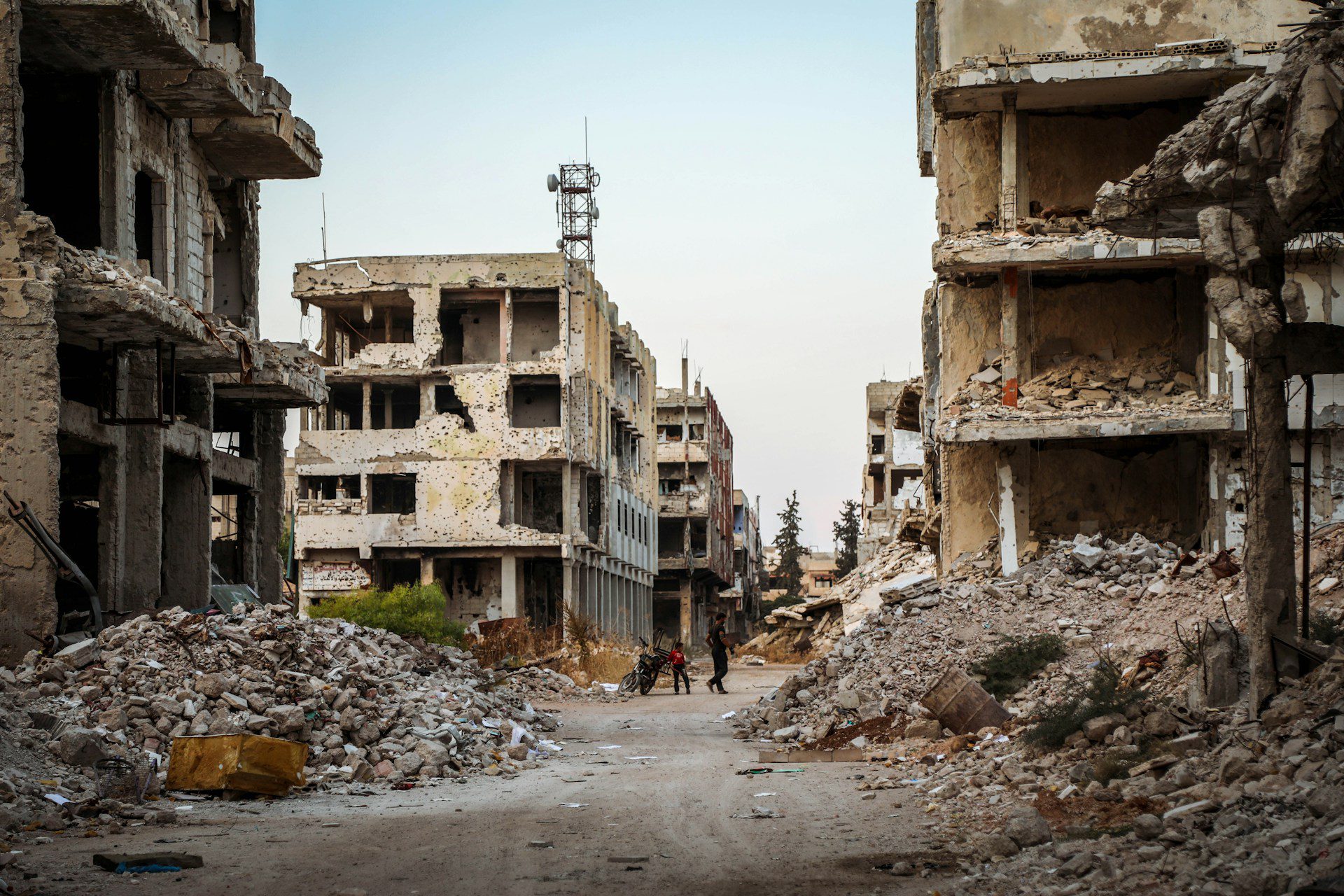
French company to face charges of complicity in human rights violations
Lafarge faces a court battle over allegations that it put employees at risk and financed terrorist groups in a bid to keep operating in Syria.
A French court issued a precedent-setting ruling Wednesday that will allow Lafarge, one of France’s biggest companies, to be charged with aiding and abetting crimes against humanity after it was accused of financing terrorist groups, including the Islamic State, while operating in Syria during the country’s bloody civil war.
The ruling by the Paris Appeals Court against Lafarge, a global cement maker, is the first time that a company, as a legal entity, has been indicted in France for complicity in human rights violations. The judgment sets the stage for a lengthy legal battle in a scandal involving high-level corporate officials that came to be known in France as “l’affaire Lafarge.”
A French judicial investigation found that between 2012 and 2014, the company, through its Syrian subsidiary Lafarge Cement Syria, paid up to 13 million euros (about $17.5 million at the time) to various armed groups, including the Islamic State. The subsidiary made these payments in order to keep its cement factory in northeastern Syria running despite the ongoing war and kidnappings and the security threats faced by its employees, according to the investigation.
A New York Times inquiry showed that Lafarge paid intermediaries who were suspected of funneling payments to armed groups, and eventually the Islamic State, in a bid to allow the factory and its employees to continue operating without interference.
